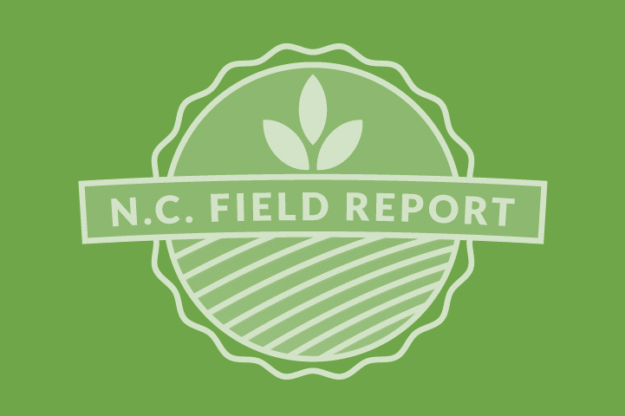2018 Management Decisions – Planting Date
This week we continue with our management decisions series. Thus far we’ve discussed weed management and seeding rates. If you missed it, catch up here and here. In part three of our management decisions series, we’re talking planting date. Before we get into some data, it’s important to remember soybeans tolerate a wide range of planting dates,…
Details



